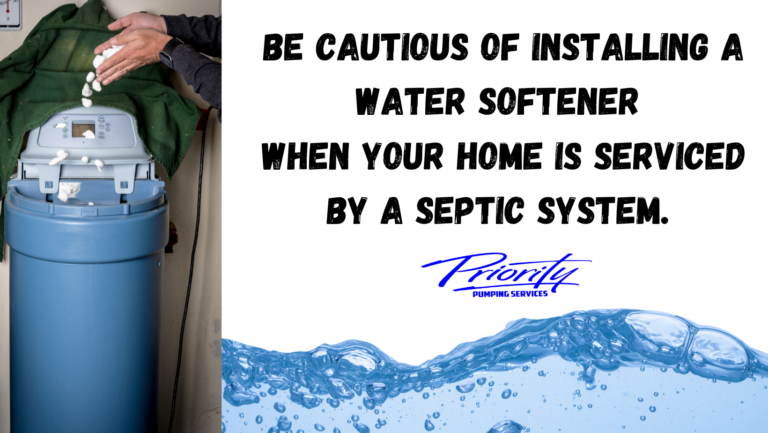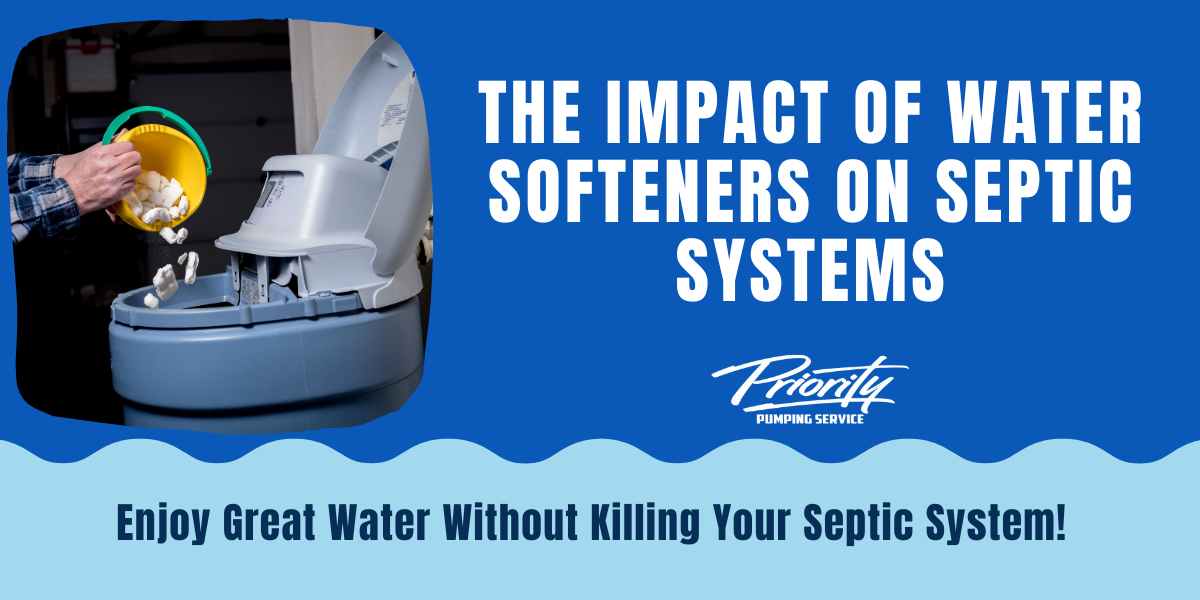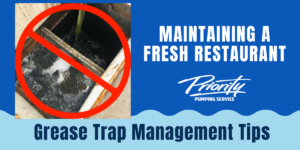The Impact of Water Softeners on Septic Systems: What You Need to Know
For homeowners looking to ensure the longevity and functionality of their septic systems, understanding the potential threats is crucial. A common household addition, water softeners, might seem like an innocuous appliance, but could it be harming your septic system? In this blog post, we delve deep into the intersection of water softeners and septic systems.
Key Considerations about Water Softeners and Septic Systems
**How Water Softeners Work**: Before discussing the impact, it’s essential to know how water softeners operate. They replace calcium and magnesium ions in hard water with sodium or potassium ions, producing soft water and a salty brine as a byproduct.
**Salt Brine Discharge**: During the regeneration process, water softeners release the salty brine into the wastewater stream. This high-salinity discharge enters the septic system.
**Effect on Beneficial Bacteria**: Septic systems rely on a delicate balance of beneficial bacteria to break down waste. High salinity levels from water softeners can inhibit the growth and activity of these bacteria, reducing the system’s efficiency.
**Potential for Soil Clogging**: Over time, the excessive salt introduced into the septic system can accumulate in the drain field. This can lead to soil clogging, which reduces the soil’s ability to absorb and treat wastewater.
**Increased Water Volume**: Water softeners use significant amounts of water during the regeneration phase. This increased water flow can strain the septic system, leading to potential overflows and reduced treatment time.

Why Using Water Softeners with Septic Systems Isn't the Best Idea:
**Compromised Septic Efficiency**: With the disruption of beneficial bacteria and potential soil clogging, septic systems may not work at their optimal capacity.
**Higher Maintenance Costs**: An inefficient septic system requires more frequent pumping and maintenance. This translates to higher costs for homeowners in the long run.
**Environmental Concerns**: An overburdened septic system can lead to untreated wastewater seeping into the environment. The high salt content can also affect soil quality and groundwater.
**Potential System Failure**: Continuous use of water softeners without addressing the added strain on the septic system can lead to premature system failure.
Water softeners undeniably have their place in providing households with quality water. However, when paired with septic systems, caution is advised. It’s essential to monitor and maintain the septic system regularly and consider alternatives or additional measures to counteract the effects of the softener.
If you’re unsure about the state of your septic system or are considering integrating a water softener into your home, consulting with septic system professionals, like the experts at Priority Pumping is always a wise decision.
Wanna see sewer line replacements in action? Check out our Instagram
Want to become a septic system guru? Check out our YouTube Channel
*For expert guidance on how to maintain a harmonious balance between water softeners and septic systems, reach out to Priority Pumping. Our team is dedicated to ensuring your home’s wastewater system remains robust and efficient.*













